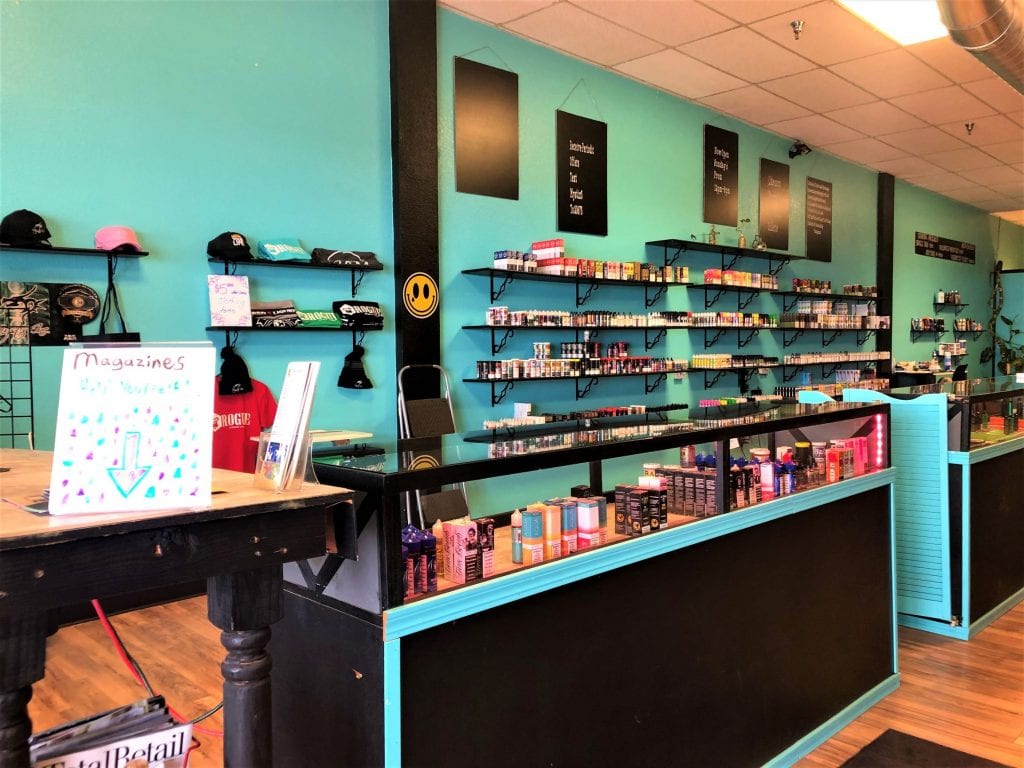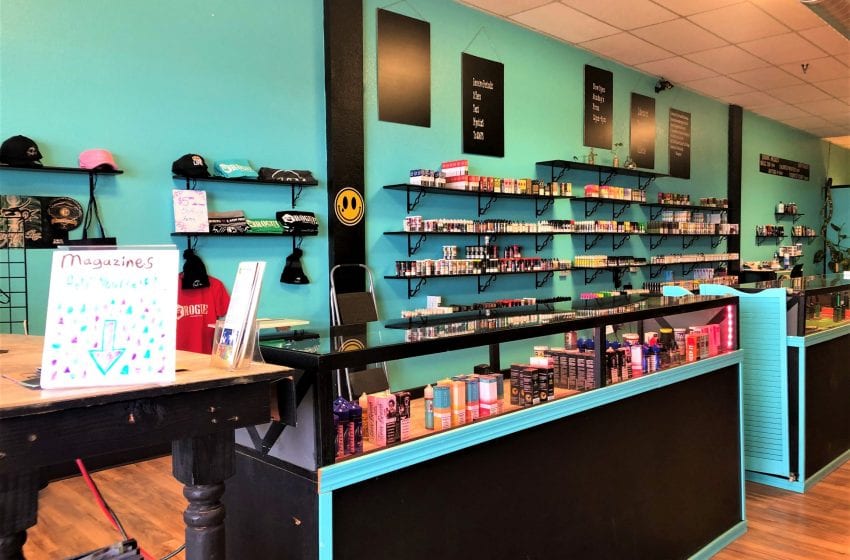
Just three months after the state of New York banned flavored vaping products, vape shop owners say there has been a steep drop in customers. The ban, aimed at reducing youth vaping, came after several cases of lung disease caused by illicit marijuana products.
The number of those illnesses surged in August and September 2019 and had killed 68 people by Feb. 18, when the U.S. Centers for Disease Control and Prevention stopped collecting state health data on the illnesses because of the decline in cases, according to an article on Newsday.com.
The CDC concluded that vitamin E acetate, which was sometimes added to vape products containing THC was “the primary cause” of the illnesses, Brain King, a deputy director in the CDC’s Office on Smoking and Health, told Newsday in an email.
New York’s ban, which went into effect May 18, allows the sale only of vape liquids that are flavorless or taste like tobacco. A ban on all online vape sales started July 1. Some vape shops have shut down since the flavor ban, and others “are just barely hanging on,” said Cheryl Richter, executive director of the New York State Vapor Association.
Tammy Mink, owner of Shore Vapes in Glen Cove, said the ban, and a Nassau County ban on all flavors except menthol and mint that went into effect Jan. 1, “killed our business.” About 90% of pre-ban sales of vape liquids were of flavored products, she said.
Mink said most of her customers started vaping to stop smoking — as she did — and some have now returned to smoking. Mink said she would have welcomed a crackdown on sales of vape products to people under 21. Instead, the ban “opened up a black market,” she said. “It will not stop the kids from getting it.”
Several stores on the Shinnecock reservation — which asserts it is exempt from the ban because of its legal sovereignty — still sell flavored vape products, said Taobi Silva, a former tribal trustee who co-owns a vape store and manages a smoke shop that sells vape products and traditional cigarettes.
Silva saw increased sales after the ban went into effect “but not as significant as we were expecting.” That’s largely because gas stations and bodegas outside the reservation, as well as people operating from their car trunks, illegally sell the flavored products, he said.
The current ban was passed by the State Legislature and signed by Gov. Andrew M. Cuomo. A state health council approved a ban in September, but a state appeals court blocked enforcement after a lawsuit filed by the Washington, D.C.-based Vapor Technology Association. Association president Tony Abboud said in a statement Thursday that the group “does not have any plans to litigate” the new flavor ban.

